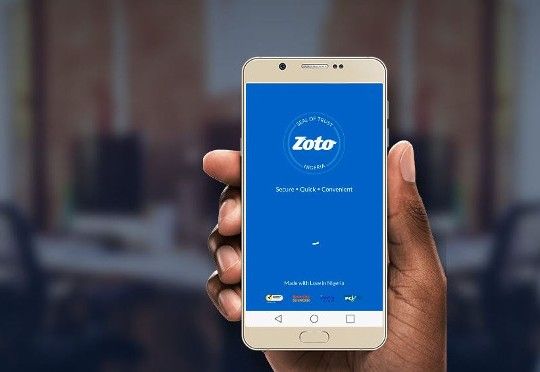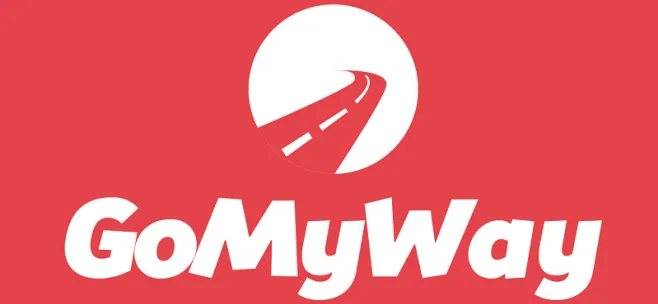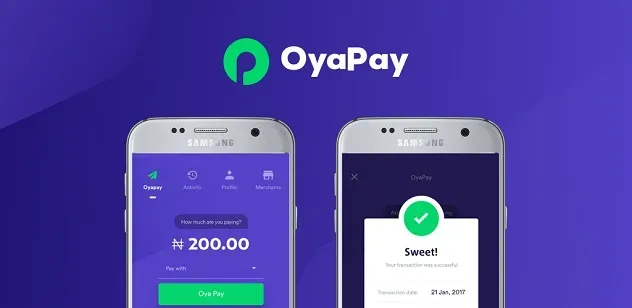Founded in 2011 by Sim Shagaya (also Konga founder), DealDey was designed as an e-commerce platform that features daily deals on the best things to do, see, eat, and buy in Nigeria. For millions of Nigerians in Lagos and Abuja who sought an easy and fantastic experience purchasing products, Dealdey was the go-to platform. Dealdey made such significant progress that it recorded over one million subscribers and attracted about $5 million worth of investment. However, Dealdey's progress attracted the attention of shark investors, who would eventually latch onto the opportunity to acquire the entire startup.
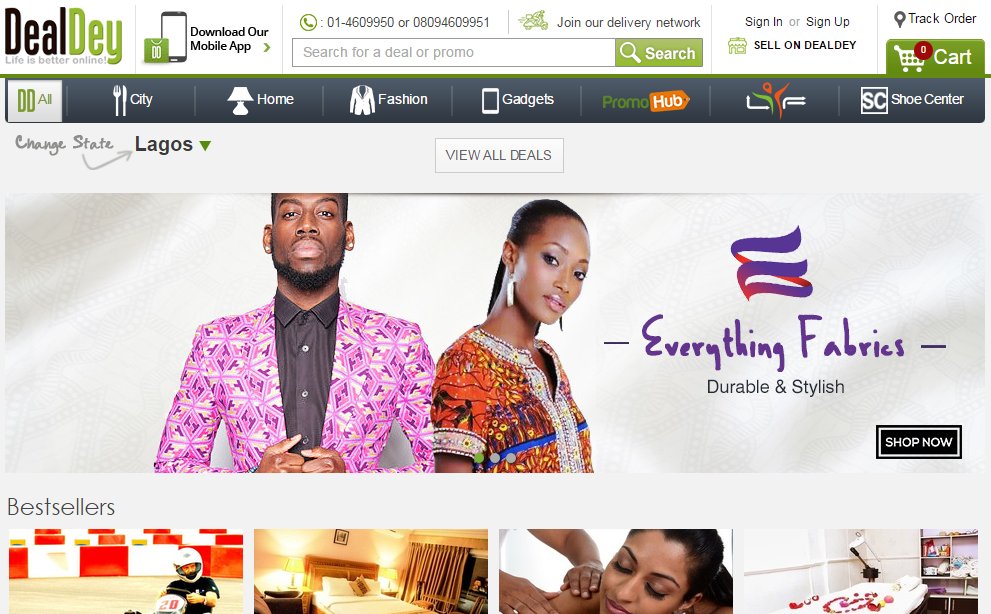
The Startup Target:
Located in Ekiti State, Nigeria, using its web platform, Dealdey was created to offer a wide variety of product listings available to customers just at the tip of their fingers. The startup sought to provide a faster and more convenient purchasing process, ensuring that customers across Nigeria spend less time as they can easily browse their choice items and close deals at any time with a 24/7 service on the website. Dealdey was rapidly achieving its vision of becoming Nigeria's one e-commerce platform with over 20,000 valid, reachable businesses listed on the platform.
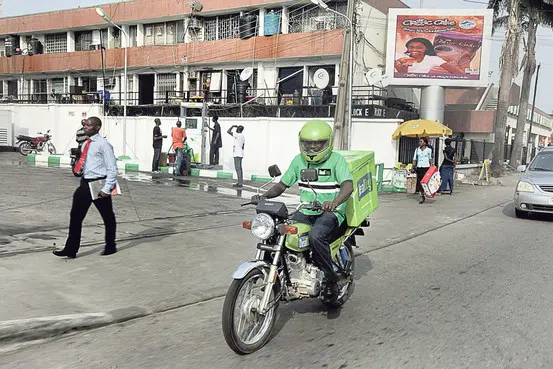
Dealdey and Nigeria's e-commerce industry
Over the years, Nigeria's e-commerce industry has fostered the use of technology in business and has driven digital transformation. However, while Nigeria's e-commerce industry has prospered over a decade, it is certainly not for the weak and does not offer a smooth terrain for growing startups. Like Dealdey, many Nigerian e-commerce platforms like Efritin and OLX have shut down under different circumstances, and the likes of Konga got sold. Surviving the e-commerce industry is undoubtedly challenging and expensive.
What is the fate of Dealdey?
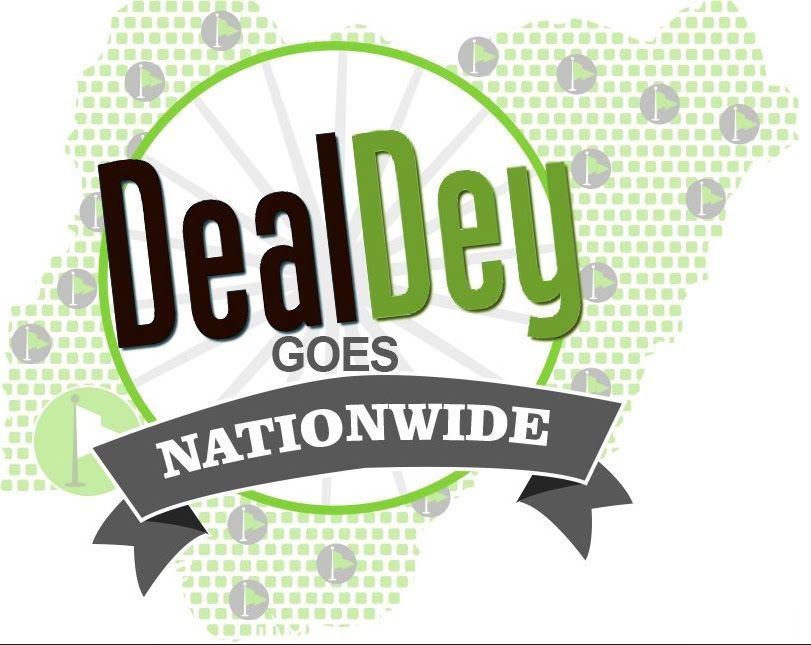
To remain competitive and increase the number of their active users and transactions, many startups have spent a lot in marketing and advertising. Just like these startups, Dealdey sought to remain competitive; however, its expenses increased, and things took a different turn in 2015, leading to the startup laying off about 60% of its workforce and eventually being acquired by Ringier Africa Deals Group (RADG), for just $5 million in 2016, ceasing the startup's operation.
Unscaled is our latest web series focused on the stories of unsuccessful unique startups and analysing several factors that caused these startups to fail. Join the waitlist for our newsletter.



